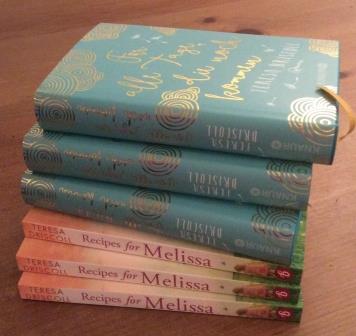 I have just received a lovely email from the fiction editor of a magazine I write for – asking me for (brace yourselves/shock horror) “more short stories, please”. Oh – how I smiled. Oh – how I shook my head in disbelief. Oh – how I share this here not to show off (promise) but to encourage those fed up with rejections to please keep going. You will see from my writing life that I’ve always earned my living from words – initially newspaper journalism, then telly - so I have a workaday attitude. I don’t do “writer’s block” (try telling a newseditor that you’re not in the zone today) and I write with a professional expectation rather than a feint hope to be paid for my efforts. But I always knew that stepping sideways into fiction a decade ago would be the biggest challenge in my writing life. And I wasn’t wrong. I started with short stories for women’s magazines with not the foggiest idea how difficult and professionally demanding this sector can be. I had what I hoped were two strong ideas and wrote them both up over a few weeks. Back then snailmail submissions were the only option so I sent the first story to a weekly magazine and waited. And waited. And waited. Months later, having pretty much forgotten about the submission, I was thrilled to suddenly find an email confirming acceptance…and offering me money. My first payment for fiction. How exciting! All fired up I sent my second story to another magazine. Same long wait. Same outcome. Acceptance. Cheque in the post. This is too good to be true, I thought. Famous last words, Teresa. I dashed off three more stories and hurried to the post, mentally spending my new income stream. Many weeks passed and back came three rejections. The fiction editors were kind and encouraging – admiring my writing ( thank you) but explaining that the stories were on “well-worn” themes. Not sufficiently strong or original. Wounded, I re-grouped and gave myself a good telling off. Since then I have experimented extensively, learning much about what works and what doesn’t, what sells and what doesn’t and above all made a pledge never to dash anything off. There are, of course, many different kinds of short stories. For competitions and pure pleasure, I enjoy writing literary short stories – loving the freedom to experiment. But they are very hard to sell. I am a professional, remember – writing as my living - so I am equally thrilled to have developed the skill of writing for women’s magazines – stories which are enjoyed by many thousands of readers worldwide. I am very grateful for the income and approach the sector with the enthusiasm and professionalism it merits. There are myths to be dispelled here. Women’s magazines are not looking for soppy (or sloppy), sentimental stories. They are looking for original, well-written pieces which their readers will find entertaining and uplifting. They are looking for unusual themes and unusual treatments. (I feel coy doing any plug but see my story The Jam Jar with a hindered narrator in my collection Moments. This collection will hopefully entertain while also guiding you on what sells to the magazine market. So - what are my tips? How have I reduced the rejections? I have learnt not to start writing until I have something to say. Sounds odd? It isn’t. For there is a big difference between being able to write….and having something to say. I like the quote which says a novel needs a plot and a short story needs a point. I don’t mean it should preach. I don’t mean that every story needs a big, moral lesson. But there does need to be a strong undercurrent, tugging a reader just a little off balance. For any story to succeed for me something needs to change - even if it’s just an opinion held by the main character. So these days I do not even start a story until I have a strong feeling about its raison d’etre. Once I’m moved by something; once I feel that I have something to say – or a character who has popped into my head has something to say- that’s when I write. And no surprise – those are the stories that sell. So my tip is to wait for a really strong idea and to dig deep. When they say “write what you know” they do not mean write your story. They mean write about emotional landscape you understand. Suffered terrible sibling rivalry as a child? Write about it. Not the facts of your experience – that’s not fiction – but the feelings. Suffered loss? Write about it. I cannot recommend highly enough the new website for the wonderful Bridport prize which does so much to champion the very best in literary short stories. Read their anthologies and learn. http://www.bridportprize.org.uk/ Above all – keep going. Good luck. Oh, and pray excuse my indulgence while I smile to re-read that email. More short stories, please… Comments are closed.
|
AuthorTeresa Driscoll - journalist, author, mother of two and lover of great coffee. CATEGORIEsArchives
February 2024
|
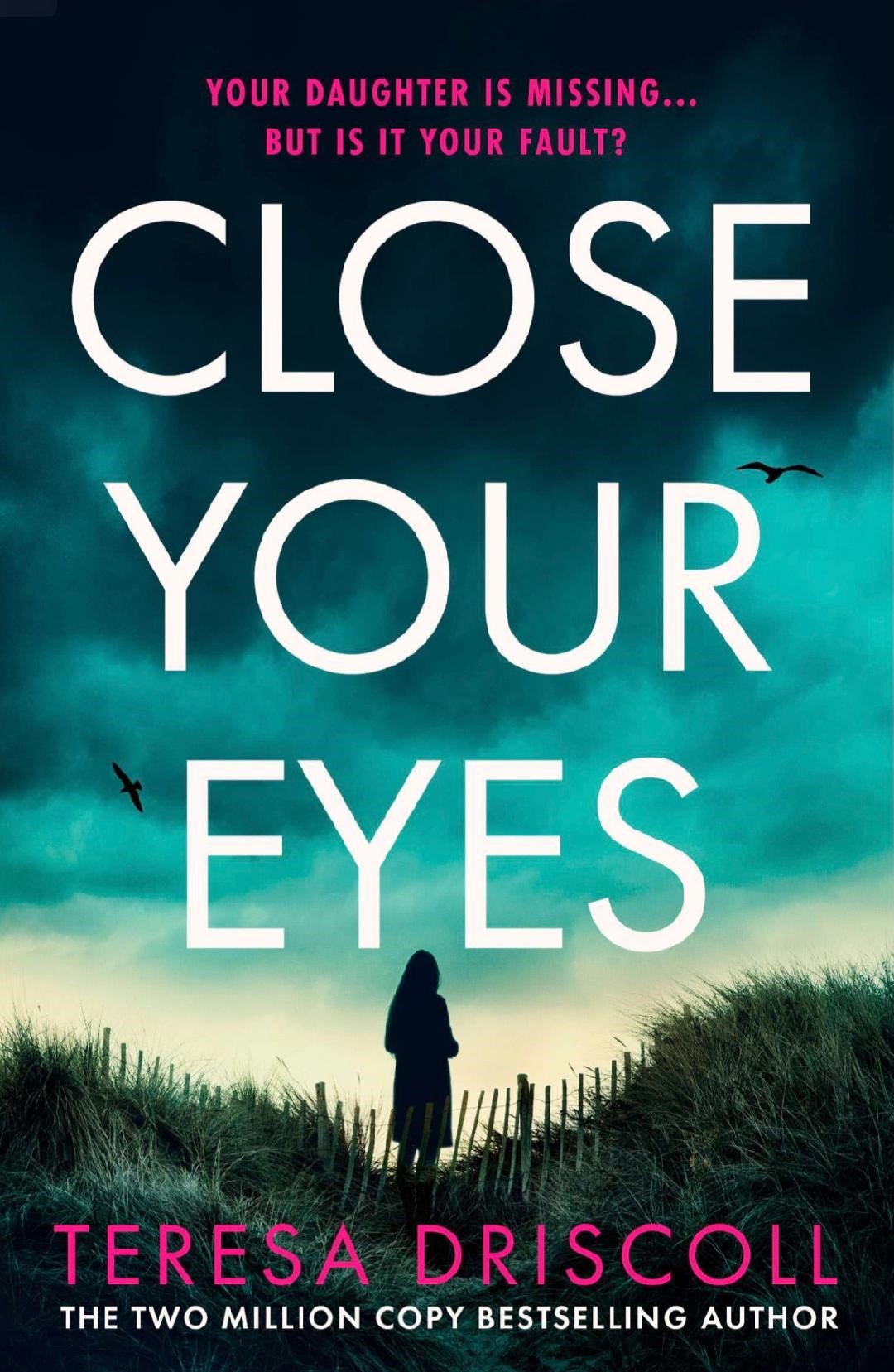
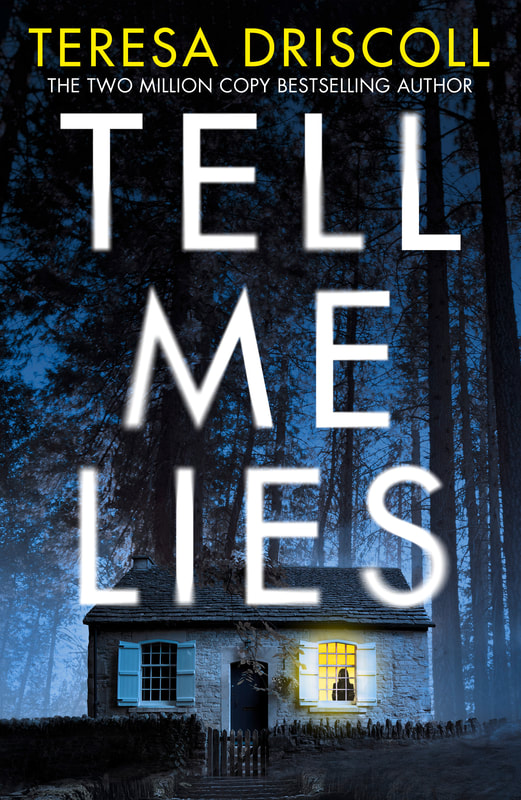
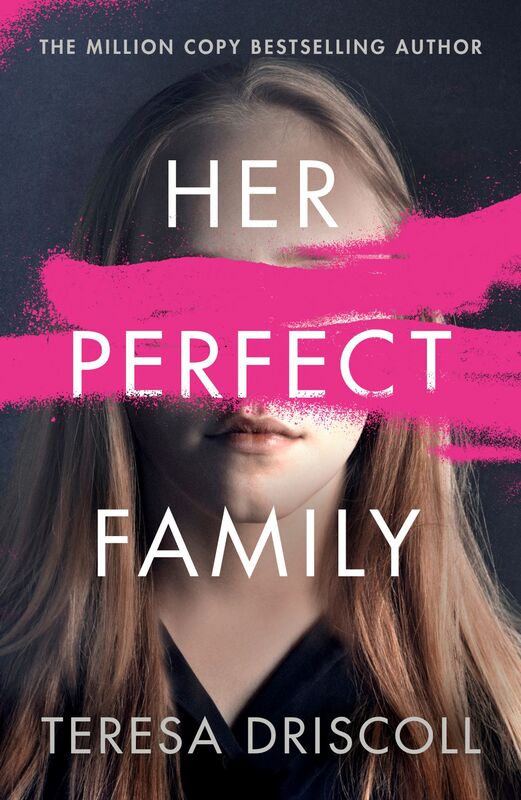
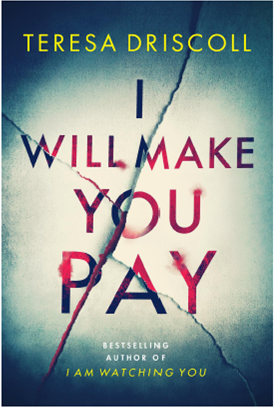
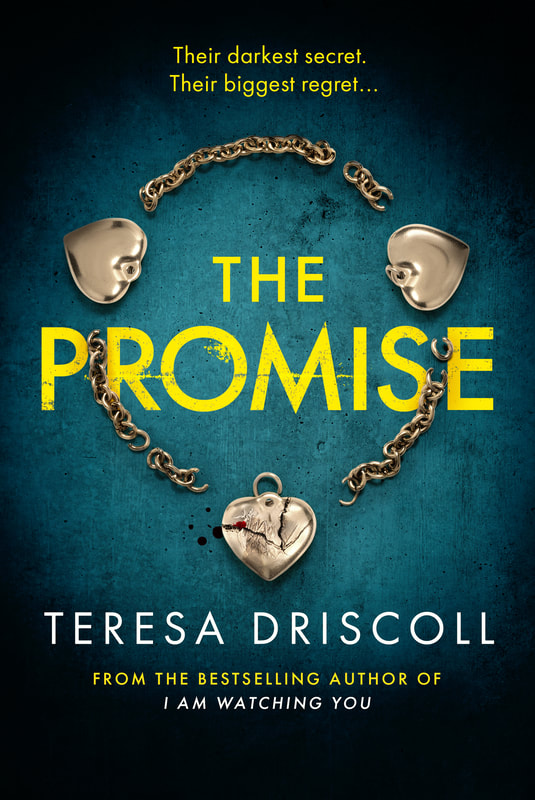
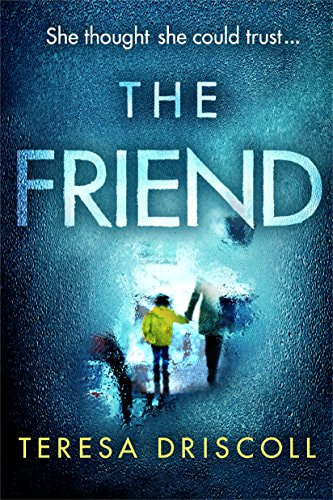
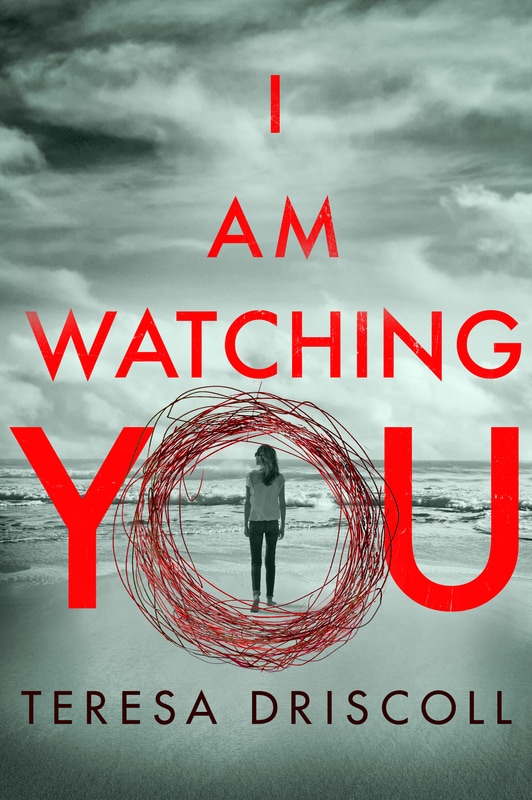
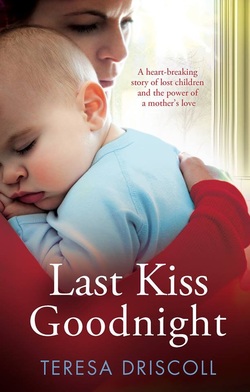
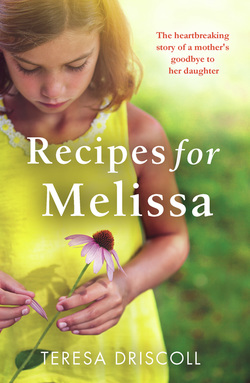
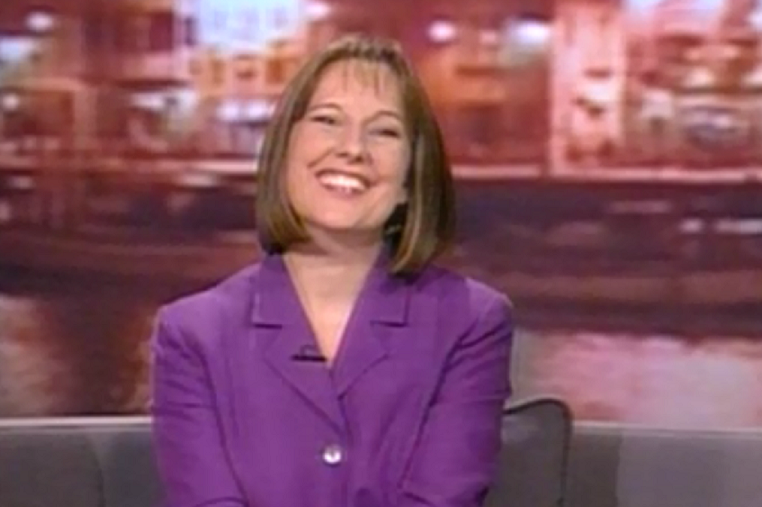
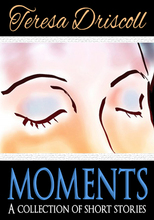
 RSS Feed
RSS Feed
